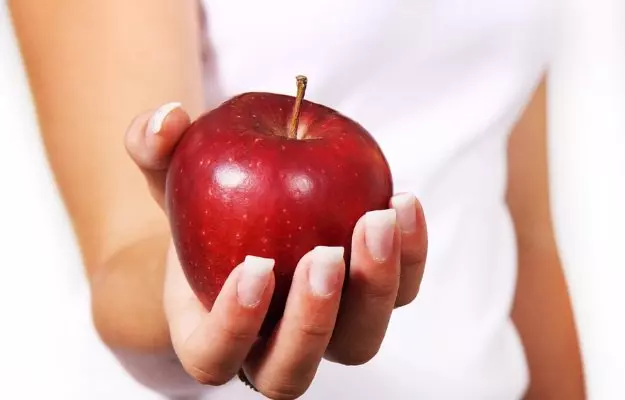Vitamins play a vital role in the normal functioning of our bodies. Vitamins help in strengthening our bones, healing our wounds, repairing cell damage and boosting our immunity. They are essential for the conversion of food into energy. There are two main types of vitamins that are required by the body:
- Fat-soluble vitamins: Vitamin A, vitamin D, vitamin E and vitamin K
- Water-soluble vitamins: Vitamin B (entire family of vitamin B) and vitamin C
Our vitamin requirements increase with age. Women also need more vitamins at different stages of life. For example, the expecting mother's body goes through major changes during pregnancy. At this stage, the demands of her body double as it provides nutrition to her as well as to her growing foetus. (Read more: Vitamins and minerals you need during pregnancy)
If you're unsure of how much of which vitamins you need, here's a ready reckoner of 10 vitamins women need at different ages and stages of life:










































